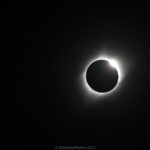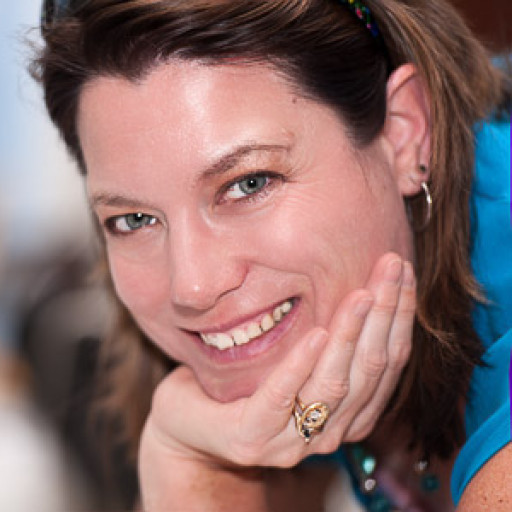
Last weekend Charlie and I were lucky enough to go to Wyoming for the solar eclipse. It was absolutely amazing. Much better than the partial solar eclipses I’ve seen in the past. There was something heart stopping about seeing the sun go totally black during the middle of the day. The white corona was stunningly beautiful. It was mesmerizing for the just over two minutes that we were able to see it with our naked eyes. I’m so glad we went.
The US experienced a total solar ellipse in 1878. In 1878 women were discouraged from going to school. In 1873 Dr. Edward H. Clarke published a scholarly article entitled ‘Sex in Education’ which claimed that educating women would route blood away from the reproductive organs and to the brain. The decrease in blood flow was supposed to decrease women’s fertility and make them masculine. Not everyone believed that education was bad for women’s health.
![By unknown artist (The American Cyclopædia, v. 16, 1879, p. 271.) [Public domain], via Wikimedia Commons](http://lisawayman.com/wp-content/uploads/2017/08/AmCyc_Vassar_College-150x115.jpg)
![By Eva March Tappan [Public domain], via Wikimedia Commons](http://lisawayman.com/wp-content/uploads/2017/08/Mitchell_Maria_telescope-150x150.jpg)
I am a serious woman scientist with a PhD in Nursing. I love finding other women in history who paved the way for me. So, I am glad to be able to highlight Professor Maria Mitchell here and say thank you.

Be First to Comment